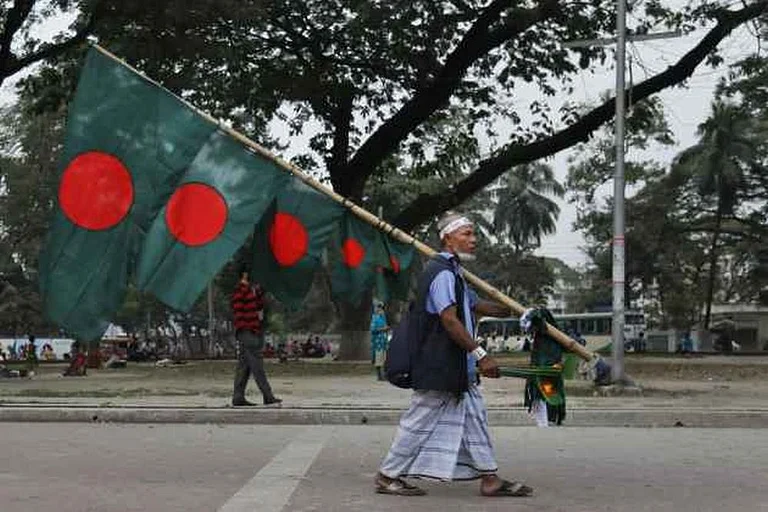India has sought assistance from Australia in acquiring an additional 20 doses of monoclonal antibody for the treatment of Nipah virus infections, as cases continue to emerge in Kerala, according to Rajeev Bahl, the Director-General of the Indian Council of Medical Research (ICMR).
In response to the Nipah virus outbreak, educational institutions in Kozhikode, Kerala, including schools, colleges, and tuition centers, will remain closed for a week, ending on September 24. Online classes will be conducted during this period, as confirmed by the district administration.
Given the recurring outbreaks of Nipah virus in Kerala and its significantly higher mortality rate compared to COVID-19, ICMR is considering initiating research for a vaccine against this deadly viral disease. The mortality rate for Nipah virus infection ranges between 40 percent and 70 percent, whereas COVID-19's mortality rate is substantially lower at 2-3 percent, PTI reported.
A new case of Nipah virus has been confirmed in Kozhikode, bringing the total number of infections in the state to six, with two fatalities reported earlier.
Rajeev Bahl stated that India received a limited supply of monoclonal antibody from Australia in 2018, with doses currently available for only ten patients. Globally, monoclonal antibody treatment has been administered to 14 Nipah virus patients outside India, all of whom survived. However, the medicine has only undergone a phase 1 trial for safety, and efficacy trials are yet to be conducted. It is currently reserved for compassionate use and must be administered in the early stages of the infection.
Efforts are underway to control the spread of the virus in Kerala, with all confirmed cases being contacts of an index patient.
ICMR is exploring the development of a Nipah virus vaccine by seeking suitable partners and platforms. The diverse range of vaccine technologies developed during the COVID-19 pandemic, including DNA vaccines, mRNA vaccines, adenoviral vector vaccines, protein subunit vaccines, and nasal vaccines, provides a valuable resource for developing a vaccine against Nipah infection.
The source of Nipah virus outbreaks in Kerala remains uncertain, with previous investigations in 2018 suggesting a link to bats. The current outbreak's origins are also under investigation, but the rainy season seems to be a contributing factor.
While ICMR's National Institute of Virology in Pune conducts whole genome sequencing to identify the specific virus variant in circulation in Kerala, a Mobile BSL 3 Laboratory has been dispatched to Kozhikode for on-site testing of samples.
In light of the high mortality rate associated with Nipah virus infection, Bahl emphasizes the importance of precautions, including social distancing, mask-wearing, and avoiding raw food that could be exposed to bats.
The monoclonal antibody used in treating Nipah virus infections was initially developed in the United States and later shared with an Australian university as part of a technology transfer initiative.


























